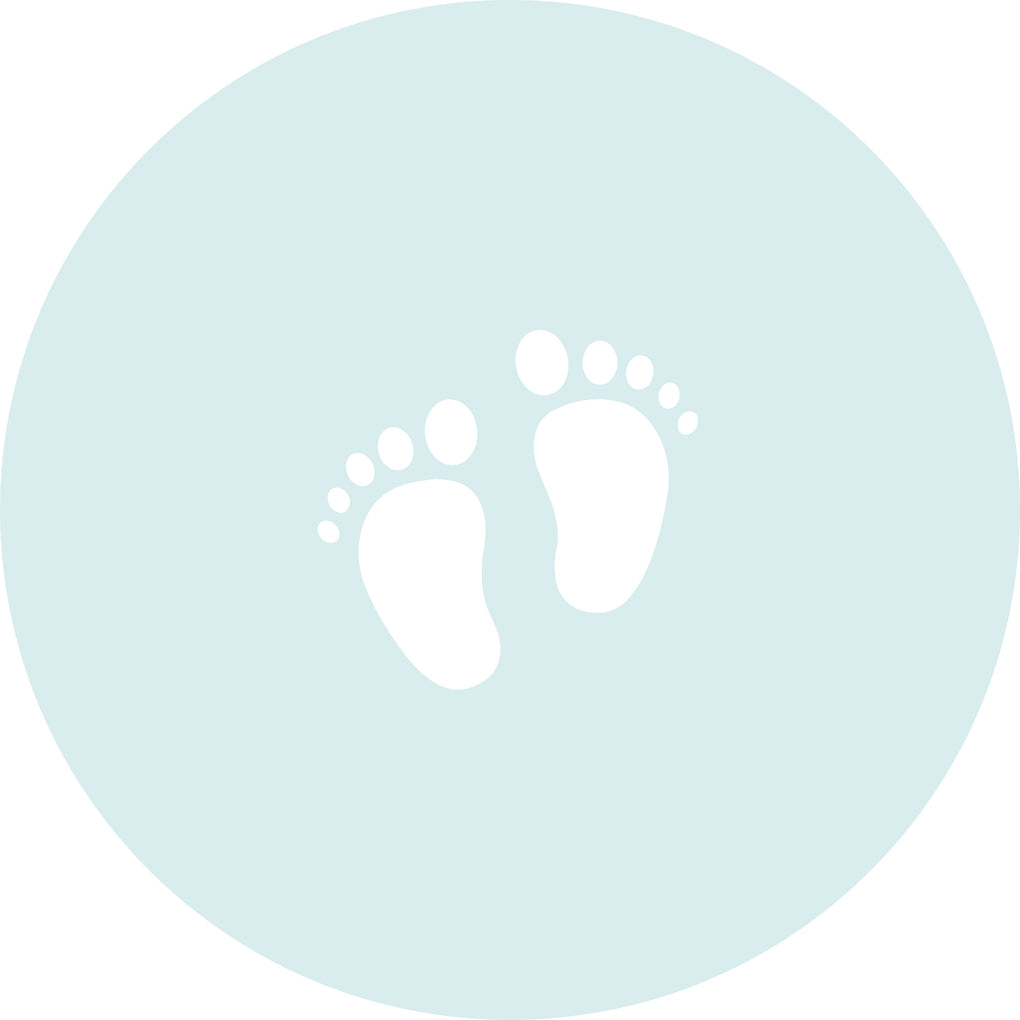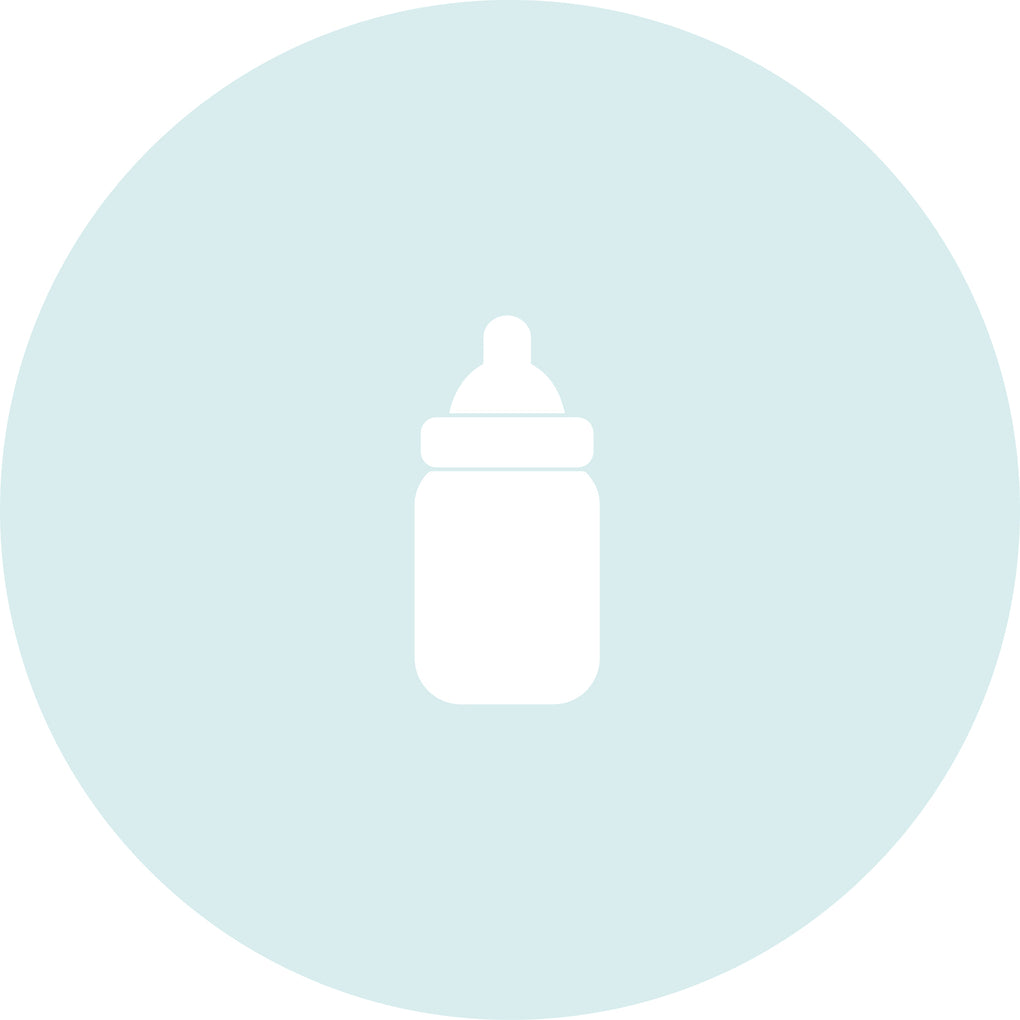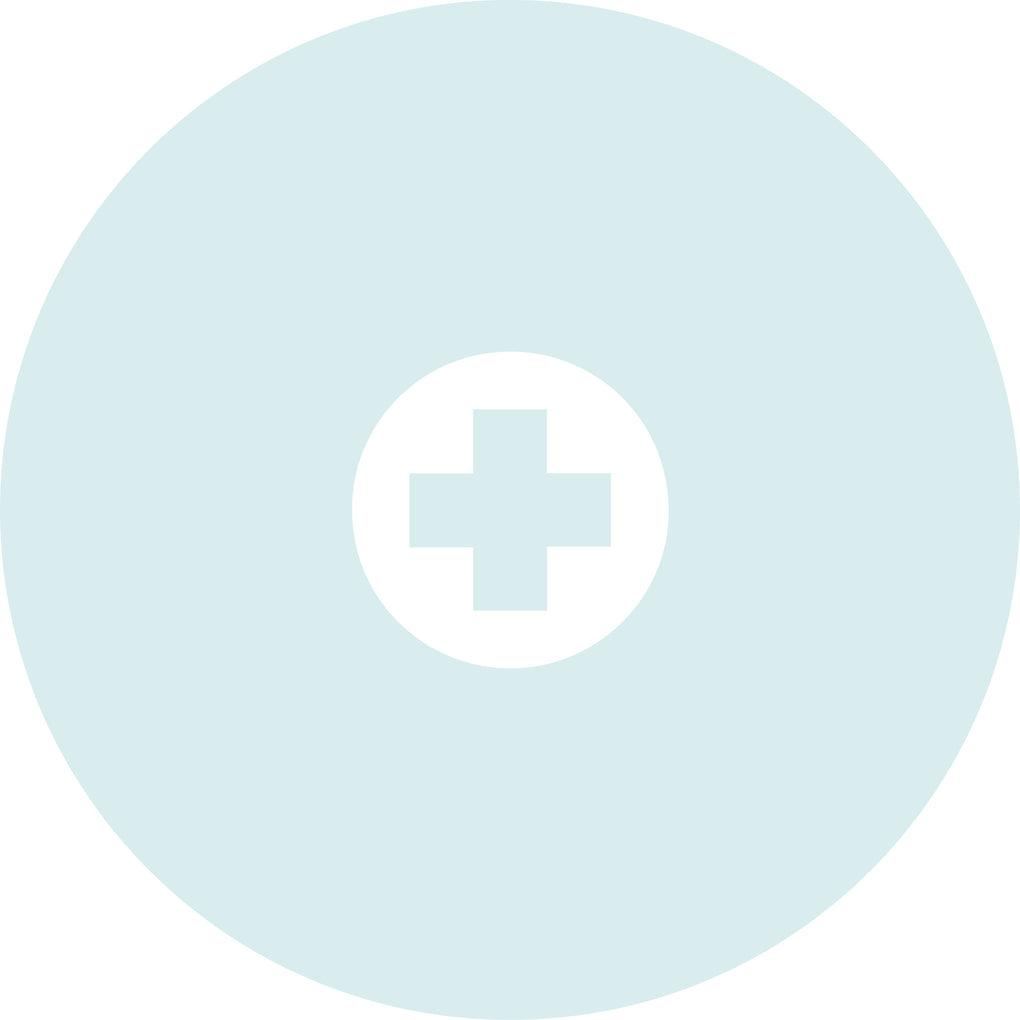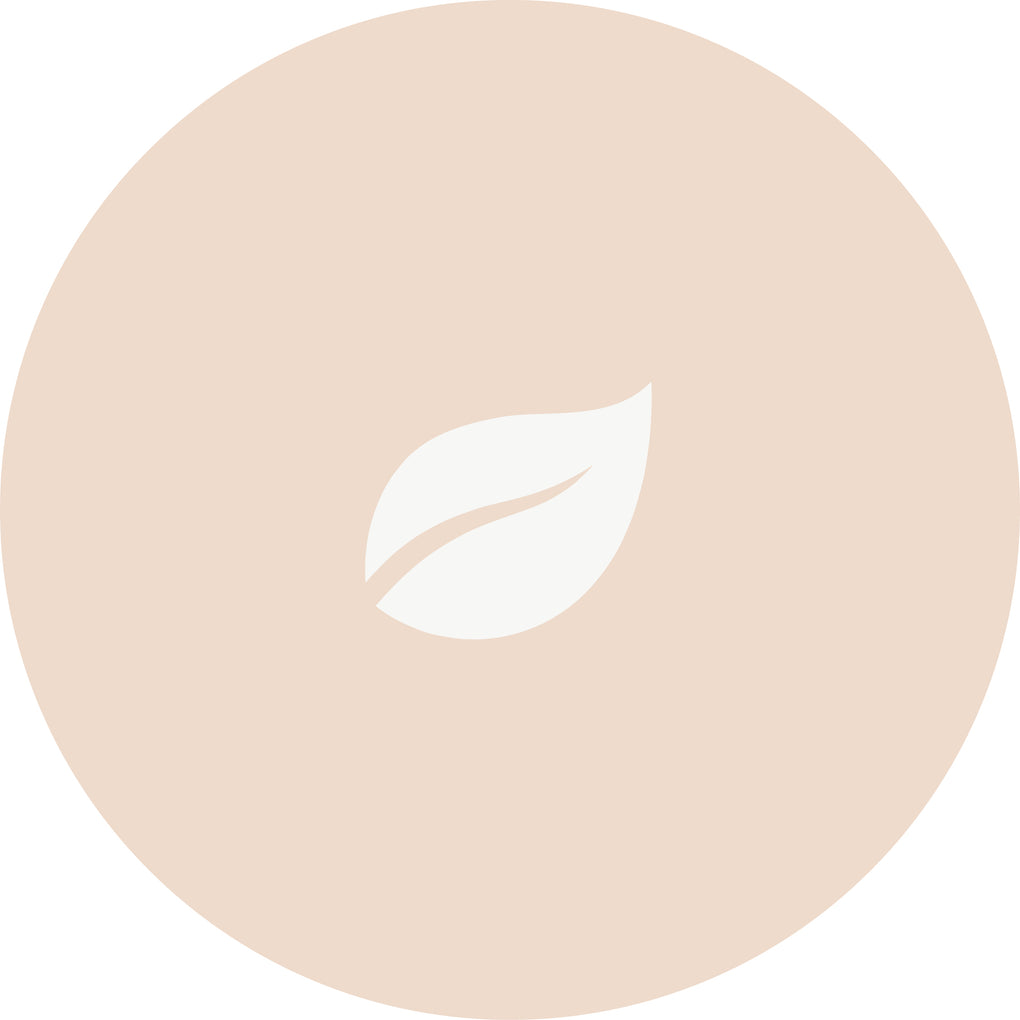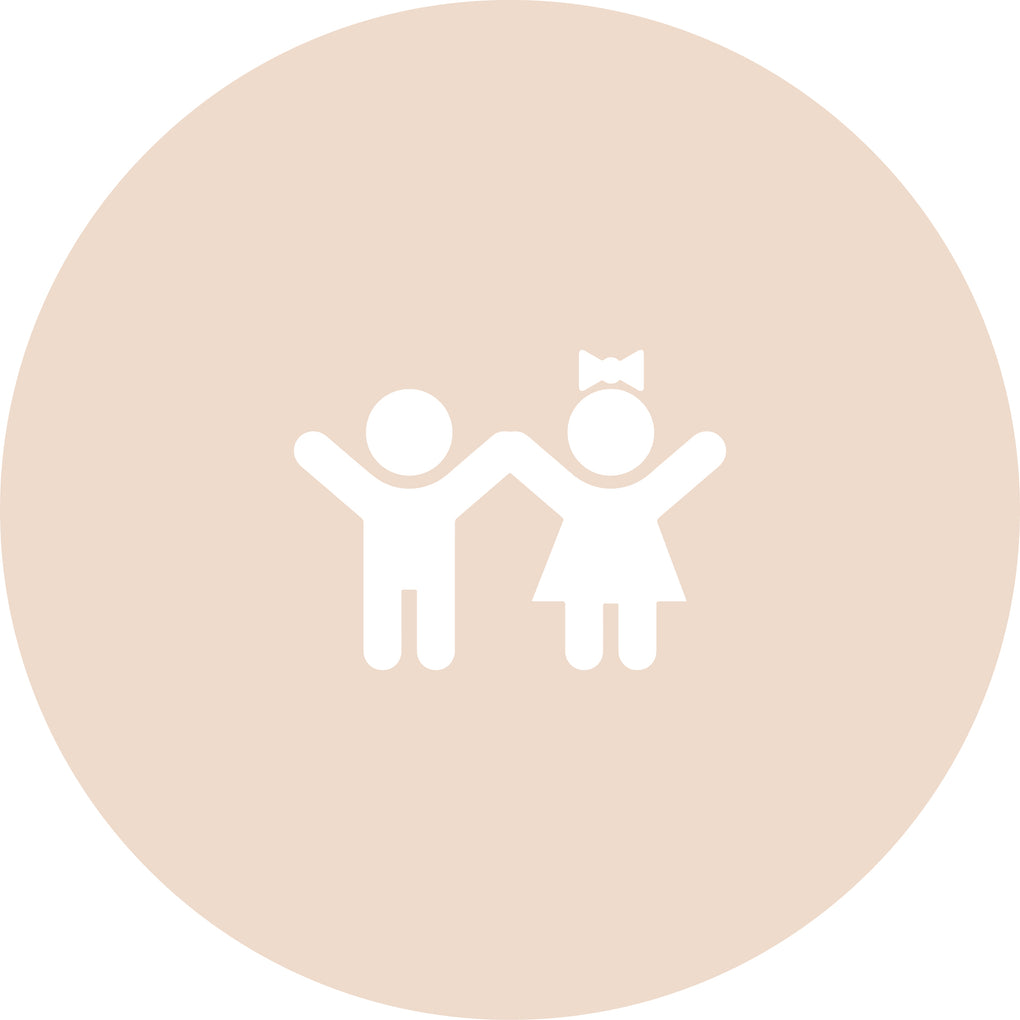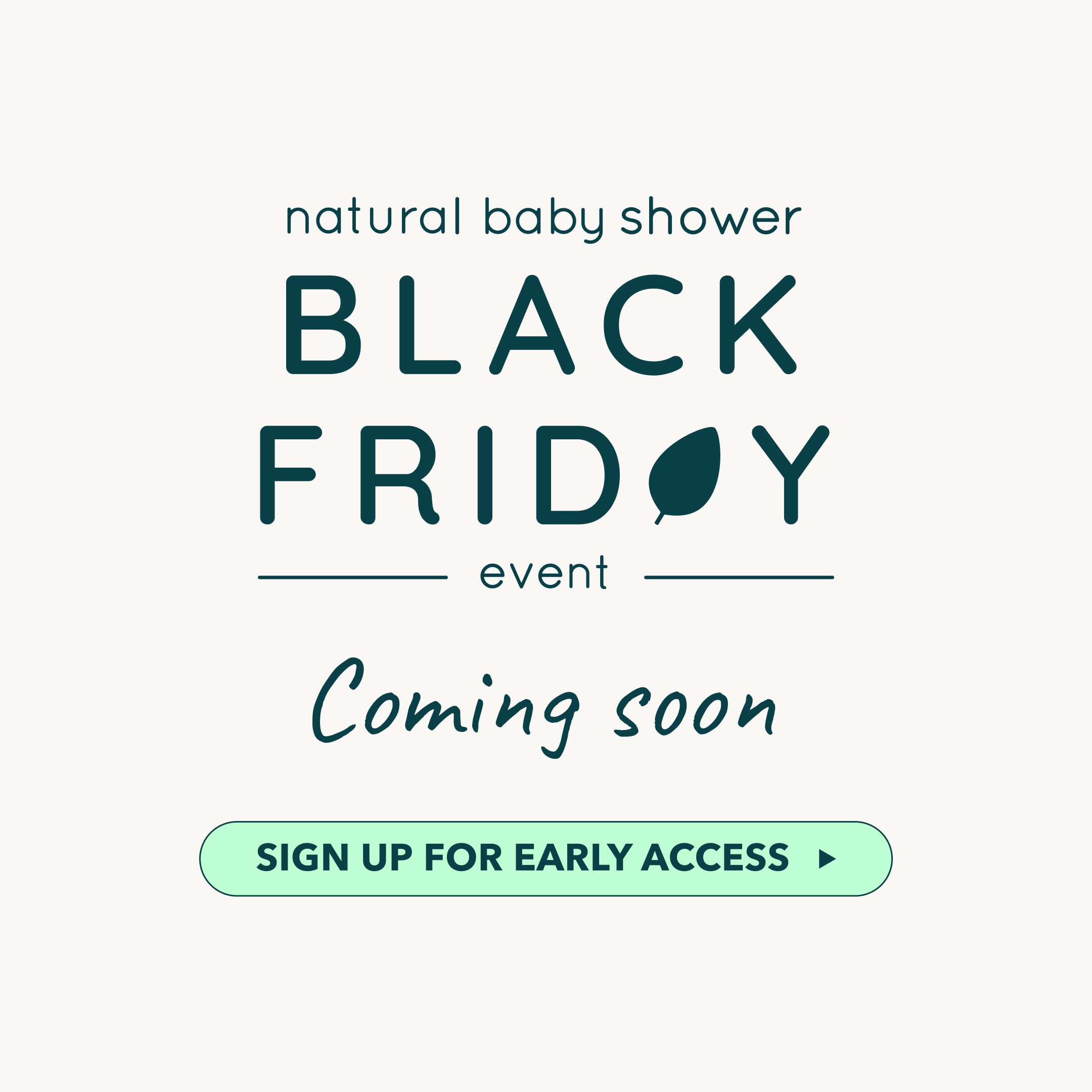Ever looked at your precious newborn and thought, I wonder what is going on in your head right now? Well the answer is a lot more than you probably every imagined. As your little one is discovering this amazing world around them, their brain is taking it all in and growing at an incredible rate.
Discover some pretty cool facts about your newborns brain that may take you by surprise.

Their brain is working harder than yours
It may look like all they do is eat, poop and sleep but actually their brain is working double time behind the scenes. From birth to the age of 3 sees the fasted rate of brain development during the entire human life span.
They have memories already
You may have only just physically met your newborn, but they have been connected to you for a very long time already. Their brain has started to already develop in the womb and therefore they can hear the world around their mother from the third trimester. This means they are already familiar with your voice. So although they may only be able to see a distance of around 30cm at birth, they will already know your voice and find comfort in hearing it.

They can’t tune anything out
Babies can easily be overstimulated down to the reason that they can’t tune anything out yet. They will hear and notice every little thing going on around them and struggle to tune in and out of certain sounds, making the world quite a loud and overwhelming place. You may be able to sit at home and tune out the background noise to focus on the TV, but your little one will be hearing the dog next door, the washing machine and the TV all at once. They are so busy hearing every little thing going on around them they can become easily distracted or over stimulated.
Hugs helps grow the brain
Who can resist a cuddle with a baby? Not us! But what you may not know is that all those hugs and cuddles are actually helping your little one’s brain development. A study showed that babies who receive regular loving support and touch have improved growth of their hippocampus, particularly during high-stress situations. A stronger hippocampus is associated with improved memory, better focus, ability to retain learning, and general well being.

Babies are born with all of the neurons they will ever have
A baby will emerge from the womb with 100 billion brain cells (aka neurons), nearly twice as many as you and I, in a brain that is half the size. This massive number of neurons is necessary for the tremendous amount of learning a baby has to do in its first year of life. But during the first year, those neurons will be connecting with one another double-time, creating trillions of synapses, which are the basis for your child’s understanding of the world. While brain volume will double by the age of 3, not all of those neurons will stick around; synaptic pruning takes place as a baby ages, in which the brain gets rid of weaker synaptic connections in favour of stronger ones.
Imitation is the best form of flattery
You may notice your baby start to copy you or play games of imitations. Your baby is born anticipating a connection with the people around them and they will use imitation to find it. Babies look for patterns from birth. For example, if your baby sticks her tongue out, they’ll notice if you reply by imitating them. From this a baby will experiment, example widening eyes, clenching their tiny hands… will anyone copy that? Babies are always looking for a response, so if you copy them, you’ll soon find they start “taking turns” with you.

It's tiring work growing a brain
Most of the energy your baby uses up will be concentrated in the brain. As a result of all this learning and rapid brain development, 60% of your baby’s energy is spent on growing their brains. To put that into context, as an adult we only use about 25% of our body’s metabolic energy on our brain.
Learning a new language is easier
In adulthood, learning a new language is pretty hard work. But for your baby, it will be easier. When they are young, a baby’s brain is simply tuning into rhythms and nuances of everything you say, like a sponge. They simply pick up on different sounds, which we think of as words, being used in different way and don’t yet have any understanding of specific languages. This makes this period of time perfect for them to learn multiple languages. the optimum period of time for learning languages is from three months before birth until around the age of five years.

All pretty amazing right!? As you look at your little one, it is amazing to think all of this science and mind blowing development is going on behind the scenes.





